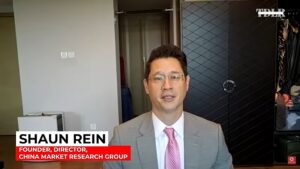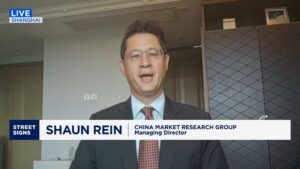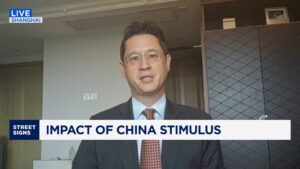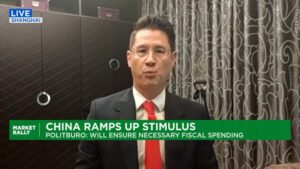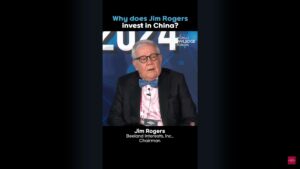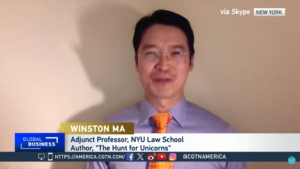
China’s consumers spend less on luxury products, especially foreign brands, says marketing expert Ashley Dudarenok at the state-owned China Daily. Only domestic luxury brands are partly escaping that downward trend, she says.
China Daily:
Western luxury brands are particularly affected by these shifts. A recent survey of 2,000 Chinese consumers by Investment firm TD Cowen found that only 17% plan to increase their luxury spending, while 64% plan to spend more on travel. Many consumers are gravitating toward domestic brands or opting for more sustainable, personalized, and culturally relevant products.
“Chinese consumers are buying fewer luxury goods as economic challenges take a toll on spending,” Ashley Dudarenok, founder of the China digital marketing agency Alarice, tells Jing Daily. “There’s also been a noticeable shift in mindset, where flaunting luxury brands is now seen as shallow and disconnected from reality.”
Instead of focusing on brand logos, consumers are increasingly valuing outstanding product quality and unique style.
“While some ultra-high-end brands still benefit from their heritage and cultural significance, the overall trend is moving away from overt displays of brand loyalty,” Dudarenok says….
Rising youth unemployment and low consumer confidence are shaping the luxury market. Youth unemployment reached 18.8% in August and the Consumer Confidence Index dropped to 86 in July.
“As consumers grow more cautious about spending due to uncertainty around job security and income, luxury brands may struggle to maintain previous growth levels. Fewer first-time luxury buyers are entering the market, posing a long-term challenge to the sector’s growth prospects,” Dudarenok says.
While foreign brands face challenges in the market, Chinese luxury brands are gaining momentum.
“Domestic brands like Duanmu and Shang Xia are gaining traction by leveraging their understanding of Chinese culture and consumer preferences,” Dudarenok says. “Unlike foreign brands that often dominate the market, these local brands focus on products deeply rooted in Chinese traditions, such as those incorporating Traditional Chinese Medicine in cosmetics. This cultural alignment resonates with consumers, particularly as national pride grows among Chinese shoppers.”
Ashley Dudarenok is a speaker at the China Speakers Bureau. Would you like her to be at your meeting or conference? Contact us or fill out our speakers’ request form.
Are you looking for more experts on consumption? Do check out this list.



